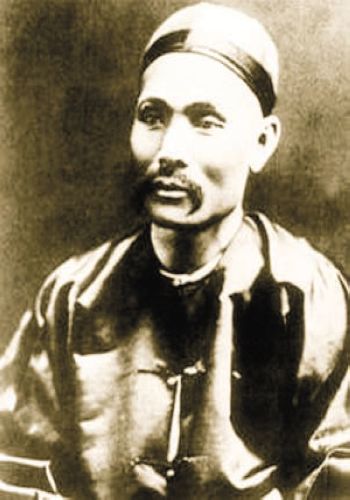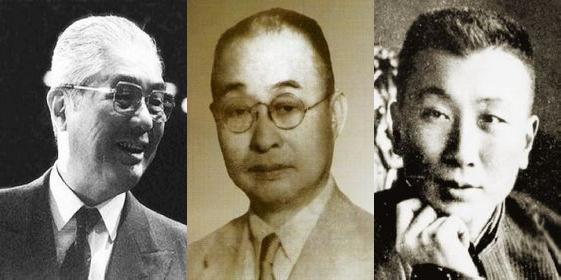Top 10 influential businessmen of modern China
- By Zhang Junmian
 0 Comment(s)
0 Comment(s) Print
Print E-mail China.org.cn, October 30, 2011
E-mail China.org.cn, October 30, 2011
After the First Opium War in 1840, China, previously a huge feudal empire, was gradually reduced to a semi-colonial and semi-feudal country. During the 110 years from 1840 to 1949, the country, though torn by war and unrest, witnessed the bloom of a number of prominent entrepreneurs who had unprecedented influence on the country's social economy and politics.
During this unusual historical period, industry and commerce were no longer ignored as in the past. Most of these merchants not only seized the opportunities to build their business empires, but took on social responsibilities as well. As the edge-cutting pioneers and founders of China's national industry, their influences are still greatly felt today.
Tang Tingshu 唐廷樞

Tang Tingshu (1832-1892), also known as Tong King-sing, was a famous Chinese industrialist during the late Qing dynasty. As an active participant in the officially sponsored commercial projects at that time, he made great contributions to the country's economic development. From 1873 to 1884, Tang served as the general manager of China Merchants' Steam Navigation Company in Shanghai, an enterprise managed by merchants under official supervision. With his professional experience built up during the past years, acting as interpreter and comprador for ten years respectively, Tang immediately became the right-arm of founder Li Hongzhang in raising capital for the company and expanding the country's modern shipping industry.
He sponsored the arduous development of the Kaiping Coalmine in Hebei Province, and worked there since 1885 until his death. The coalmine, the earliest large-scale mine using machine exploitation in north China, reported the highest annual output nationwide at the end of the 19th century. He then promoted the building of the Kaiping Tramway, the first of its kind in China. He is also remembered for creating the first cement manufacturing plant in modern China, the first insurance company run by Chinese businessmen, and the first hospital in Shanghai.
Go to Forum >>0 Comment(s)







